News
-

Local legislators’ leadership key to preserving Medicaid
April 18, 2025Thank you to local leadership who recently approved HB 245. This legislation preserves Montana's Medicaid program and ensures continued access to vital healthcare for thousands of Montanans.
Learn more -

Celebrating Certified Nurses – Champions of Safe, High-Quality Care
March 18, 2025Certified Nurses Day is March 19, and we celebrate nurses who have clinical certifications over and above their RN degrees.
Learn more -

Community Medical Center Celebrates 5,000th Robotic-Assisted Surgery
March 12, 2025Community Medical Center proudly celebrates its 5,000th robotic-assisted surgery using the da Vinci surgical systems.
Learn more -
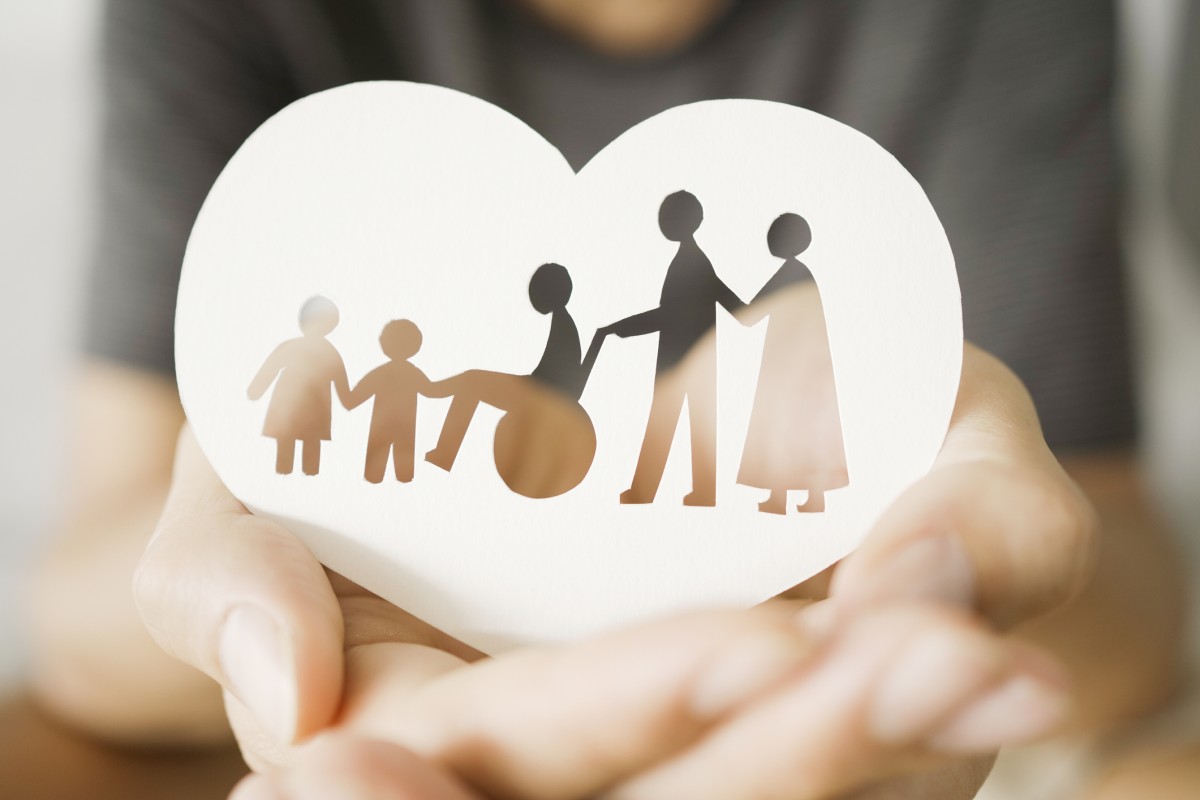
2025 Sponsorship Applications Open Through Feb. 21
February 03, 2025CMC's annual sponsorship process is now open for non-profit organizations requesting monetary and in-kind donations for 2025.
Learn more -
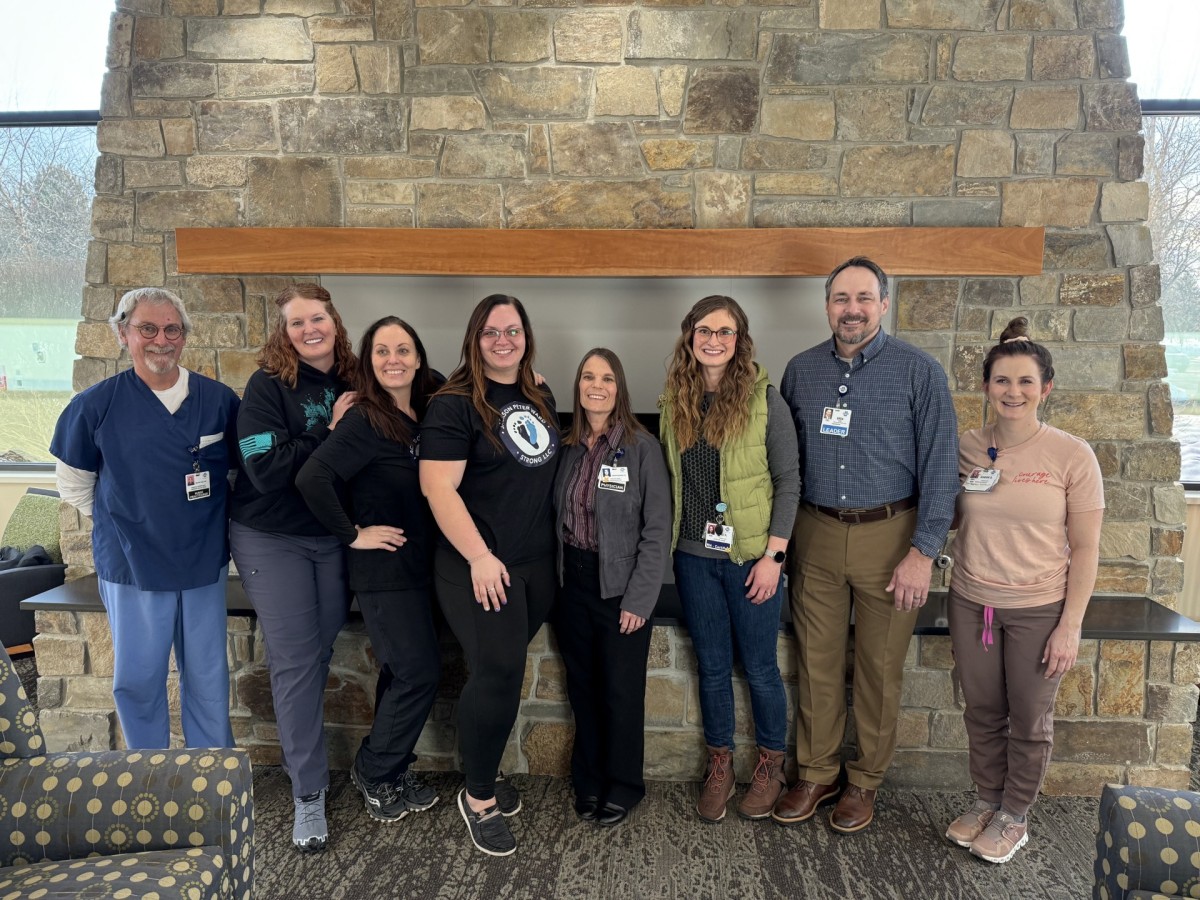
NICU Receives Donated Survival Kits for NICU Parents
January 26, 2025The survival kits, provided by Jackson Peter Ward Strong non-profit, provide comfort, convenience and resources to parents during a stressful and emotional time.
Learn more -

Natalie Scott Receives the Daisy Award
January 23, 2025NICU Nurse, Natalie Scott, recently received the Daisy Award for exceptional nursing. Read their story.
Learn more -

New Heart Center at Community Medical Center Serving Patients Across Western Montana
January 09, 2025Greater access to cardiac care, meeting the needs of the growing community.
Learn more -
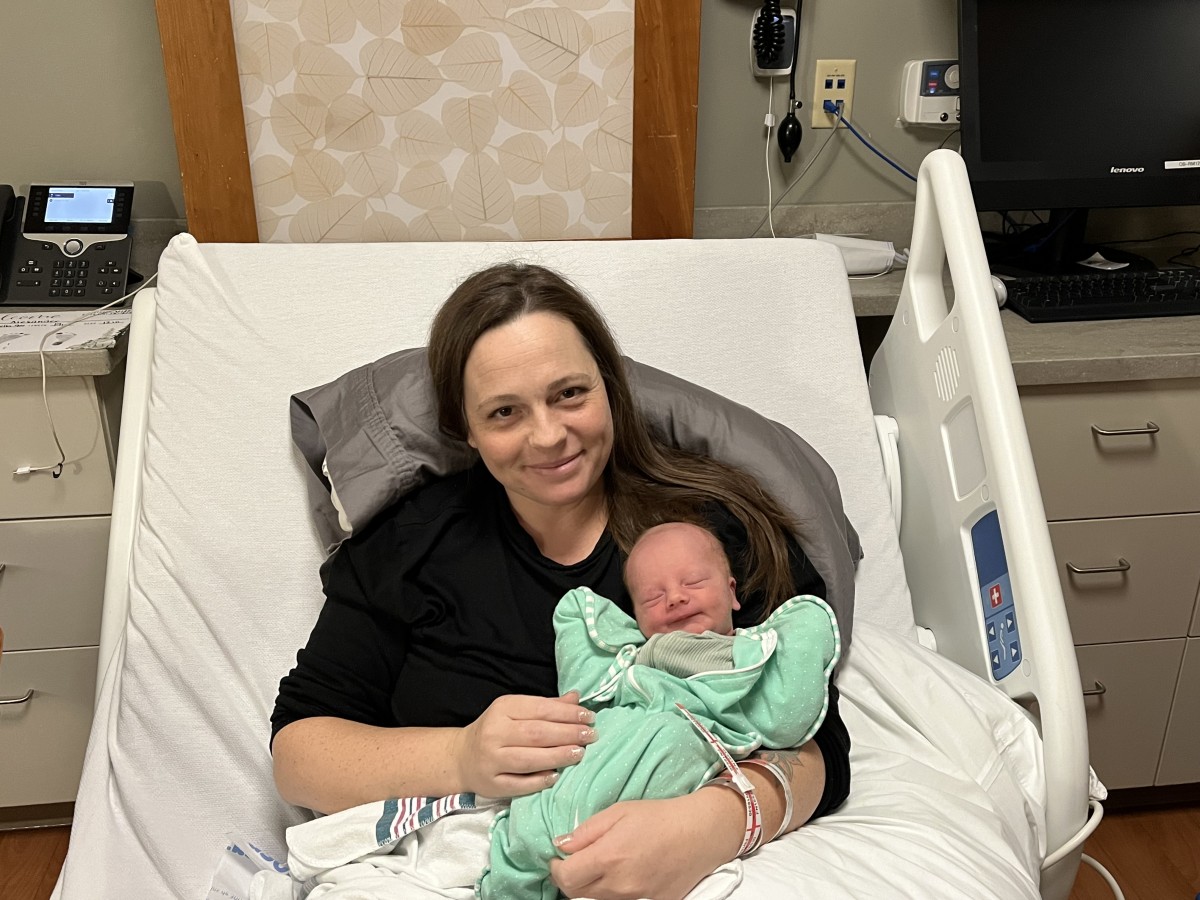
-
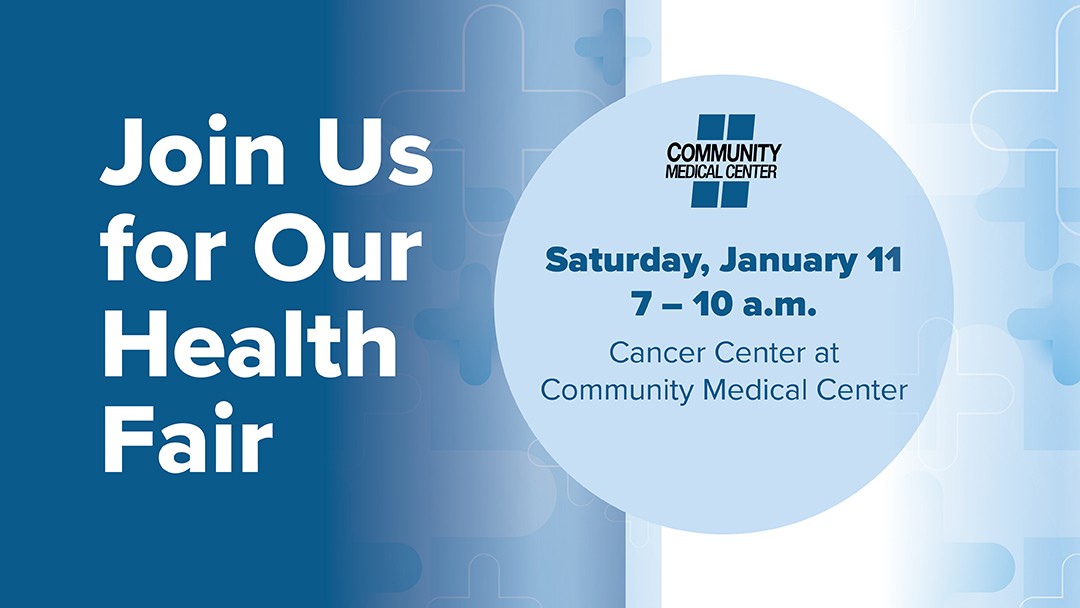
Community Medical Center Hosts Health Fair on Jan. 11
December 19, 2024Local and area residents are encouraged to take advantage of reduced-priced blood tests, health education and free screenings during Community Medical Center's annual Health Fair.
Learn more -
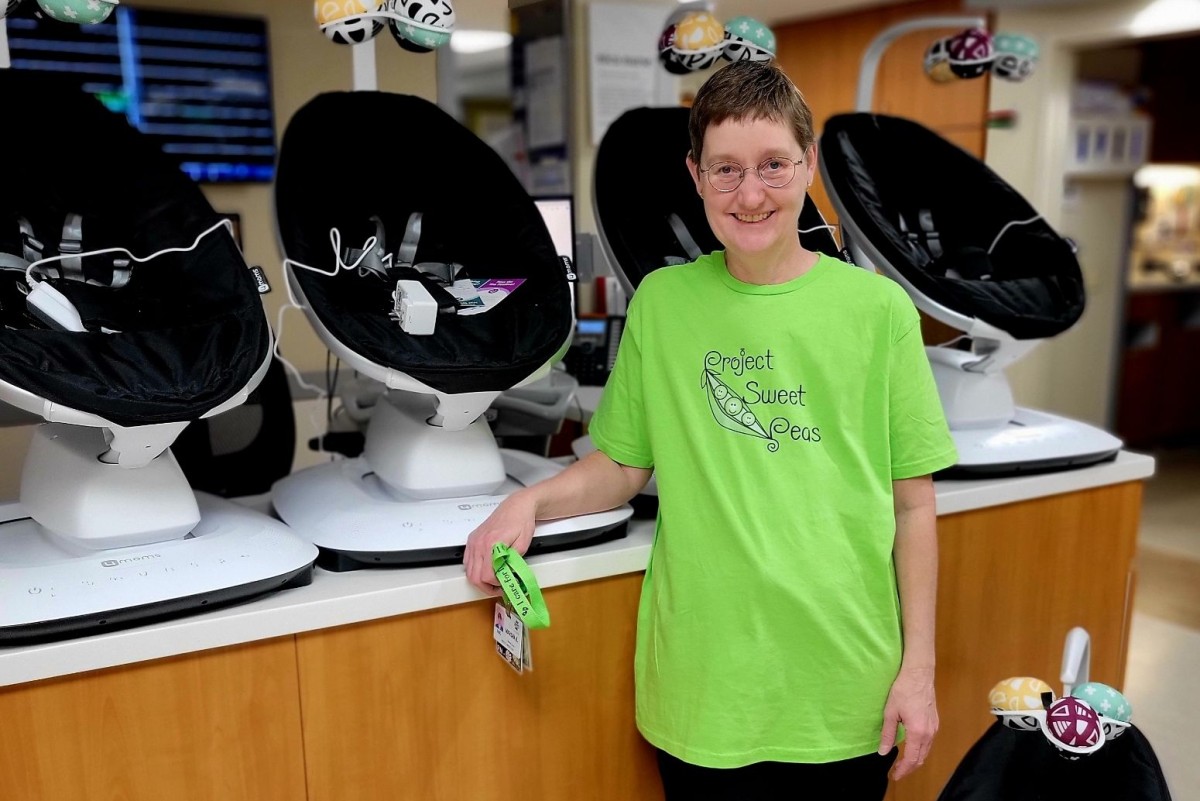
Marsha Kimmet, Recognized in 4MOMS NICU Nurse of the Year Program
November 25, 2024Marsha Kimmet is one of 10 amazing NICU nurses who was selected as a finalist in the 4moms second annual Nominate a NICU Nurse program.
Learn more -

Community Medical Center Earns an ‘A’ Hospital Safety Grade from The Leapfrog Group
November 14, 2024New Grade for fall 2024 is a national recognition for commitment to patient safety.
Learn more -

Greg Cook Named CEO of Community Medical Center
November 04, 2024Greg Cook has been named its new chief executive officer (CEO), effective November 25. He joins Community Medical Center from Castleview Hospital, a Lifepoint facility in Utah.
Learn more -

Join us for Go Pink Week This Week
October 13, 2024October is Breast Cancer Awareness Month. To help recognize this observance, we invite you to join us in celebrating Go Pink Week, October 14-18.
Learn more -
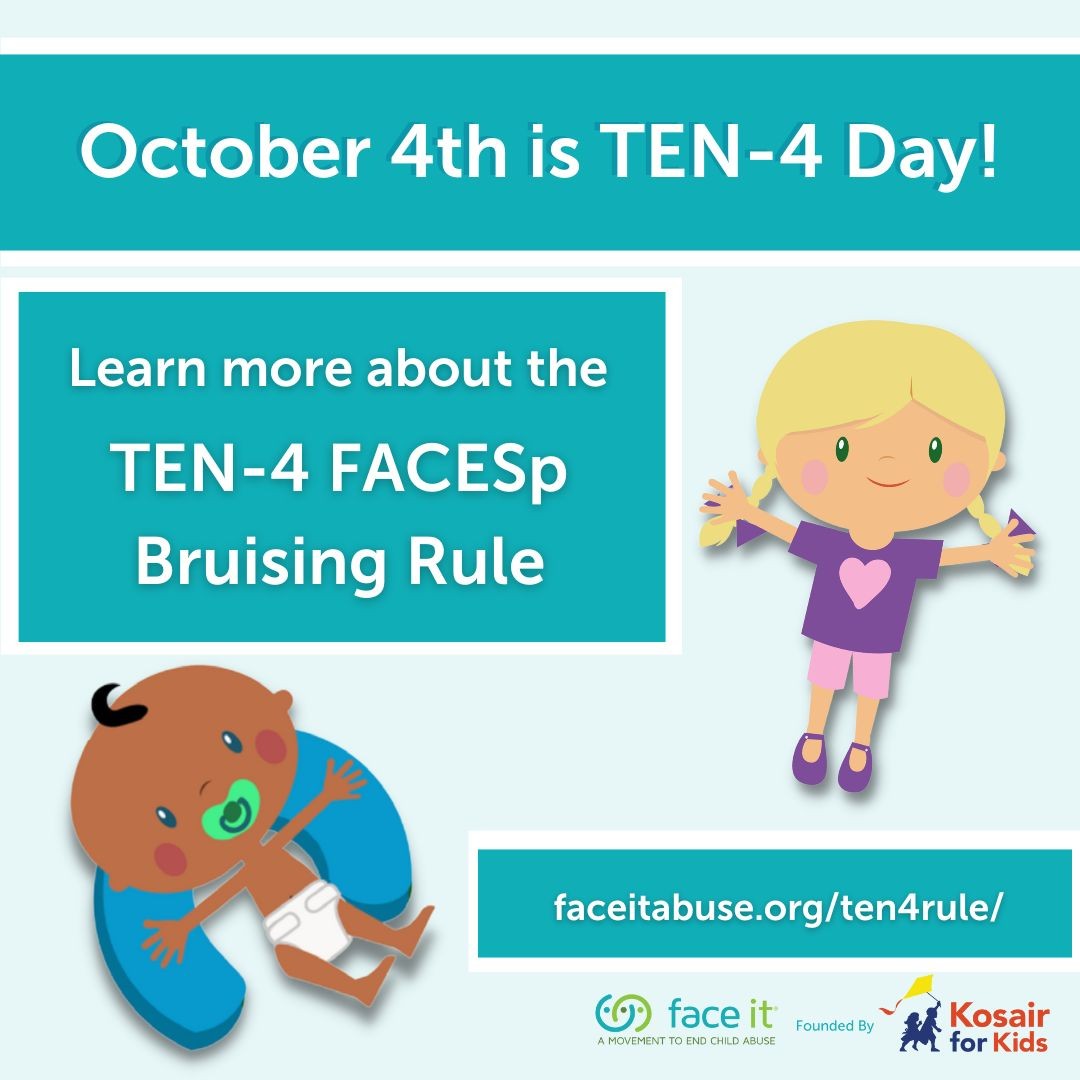
October 4 is TEN-4 Day
October 04, 2024Bruises are among the most common injuries that children sustain. But how can we know which bruises were caused by accident, versus bruises that were caused by non accidental trauma or physical abuse?
Learn more -
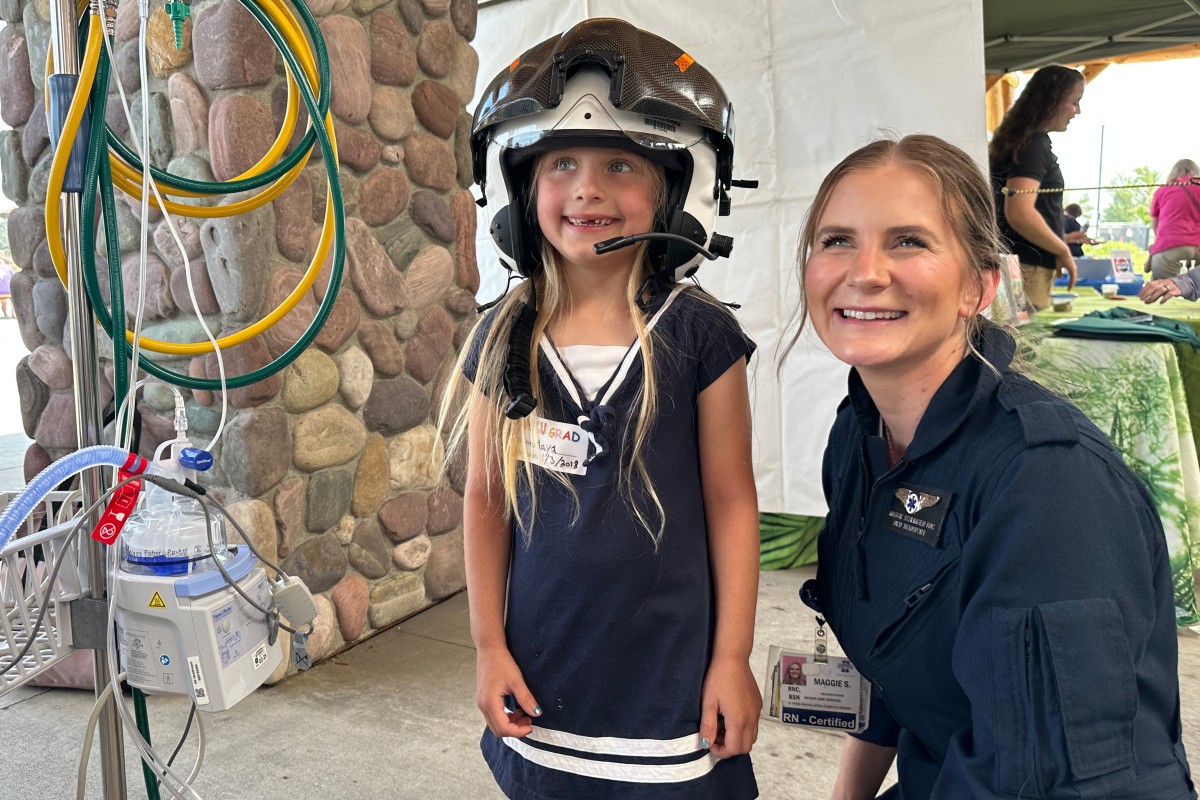
-
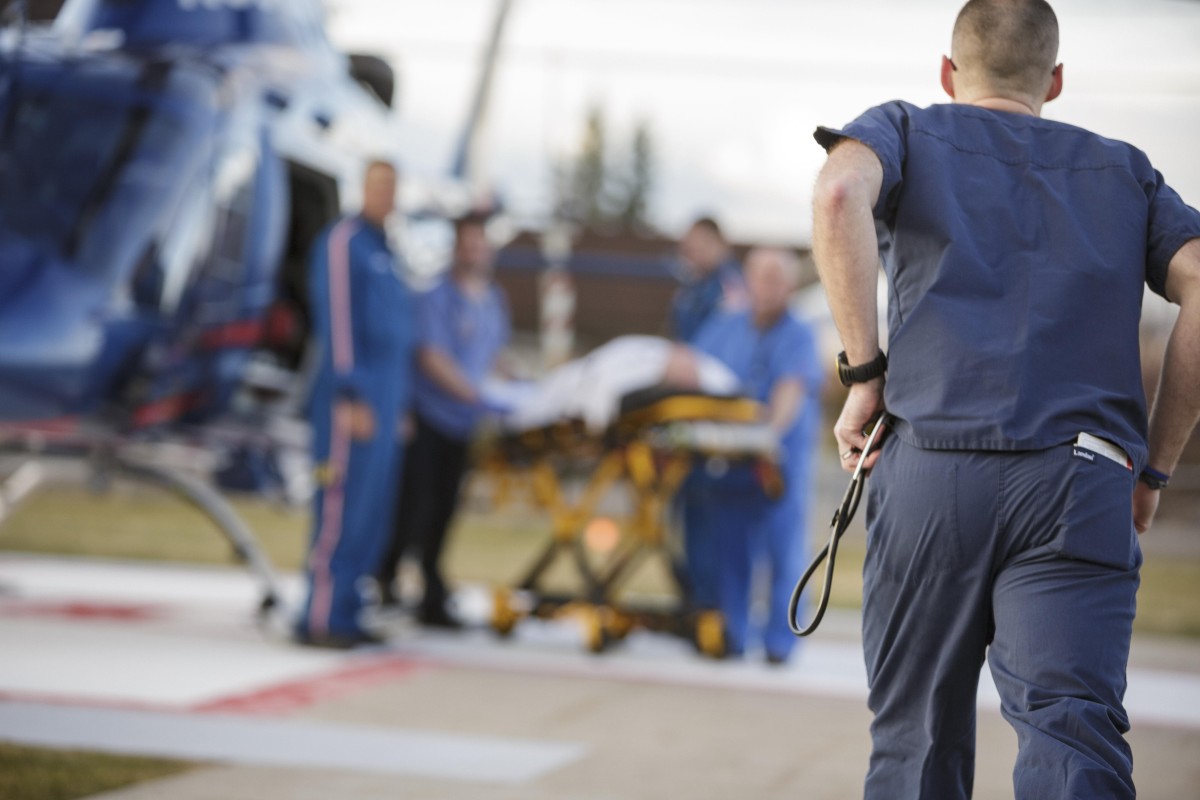
Announcing Montana’s first Mobile ECMO for Lung Rescue
July 23, 2024Patients with severe respiratory failure can now be transported to a higher level of care –improving chances for survival.
Learn more -
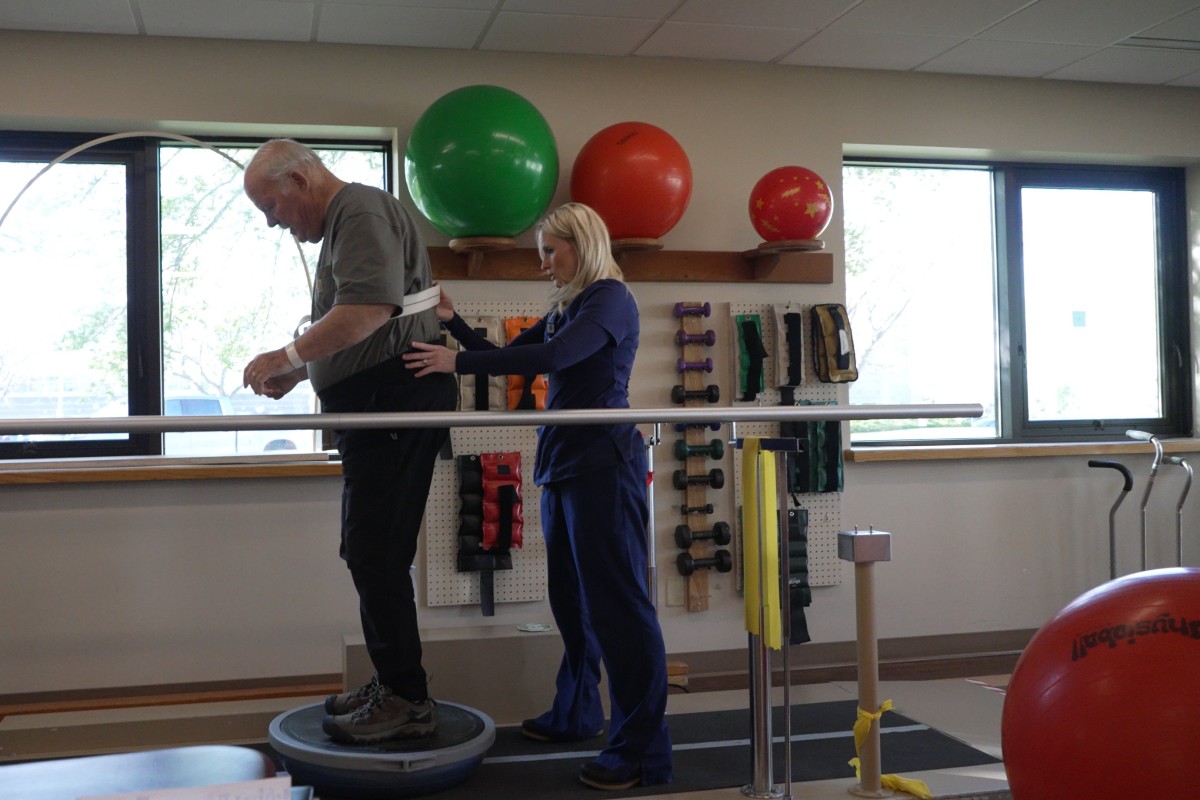
Community Medical Center and Providence announce intention to build new inpatient rehabilitation hospital in Missoula
July 01, 2024Community and Providence St. Patrick Hospital to develop a joint venture partnership that will build and operate a new inpatient rehabilitation hospital in Missoula.
Learn more -
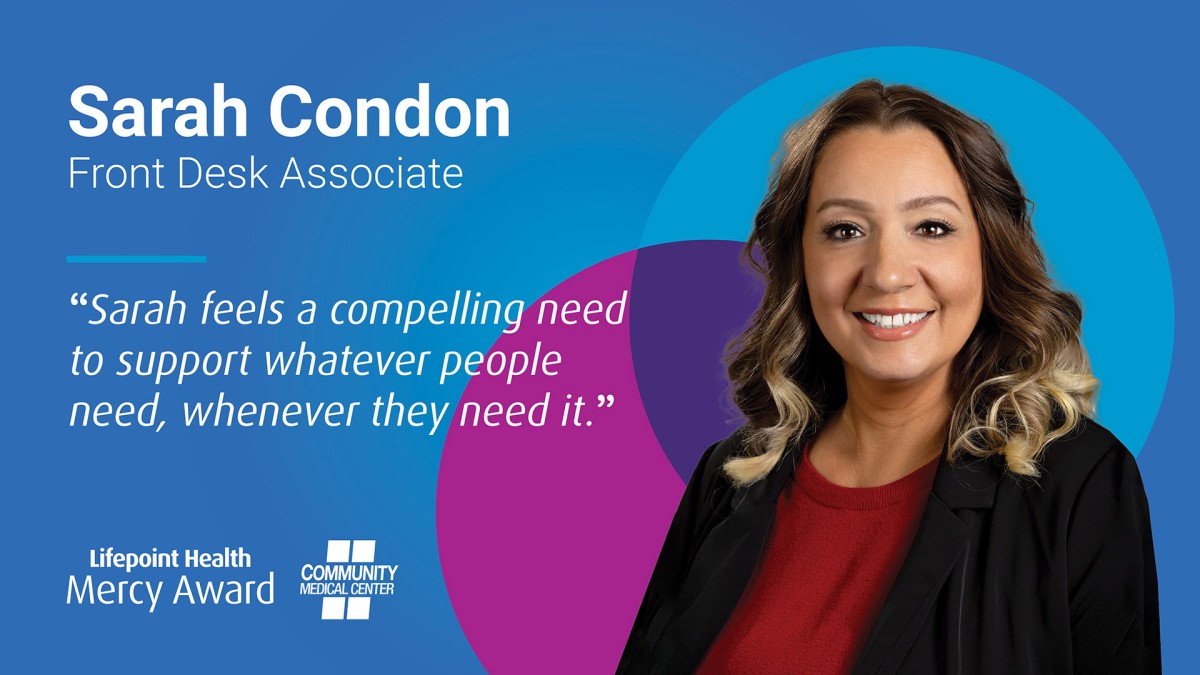
Celebrating our 2024 Mercy Award Winner
June 10, 2024Front Desk Associate, Sarah Condon, has been recognized as Community Medical Center's 2024 Mercy Award winner. The Mercy Award recognizes one employee who profoundly touches the lives of others and best represents our core values.
Learn more -

Community Medical Center Announces New CNO & COO
May 09, 2024Community Medical Center (CMC) announced today that Hollie Nagel, MSN, RNC, CPPS has been named Chief Nursing Officer and Sandy Leggett, DNP, MSN, MBA, RN has been named Chief Operating Officer at Community Medical Center.
Learn more -
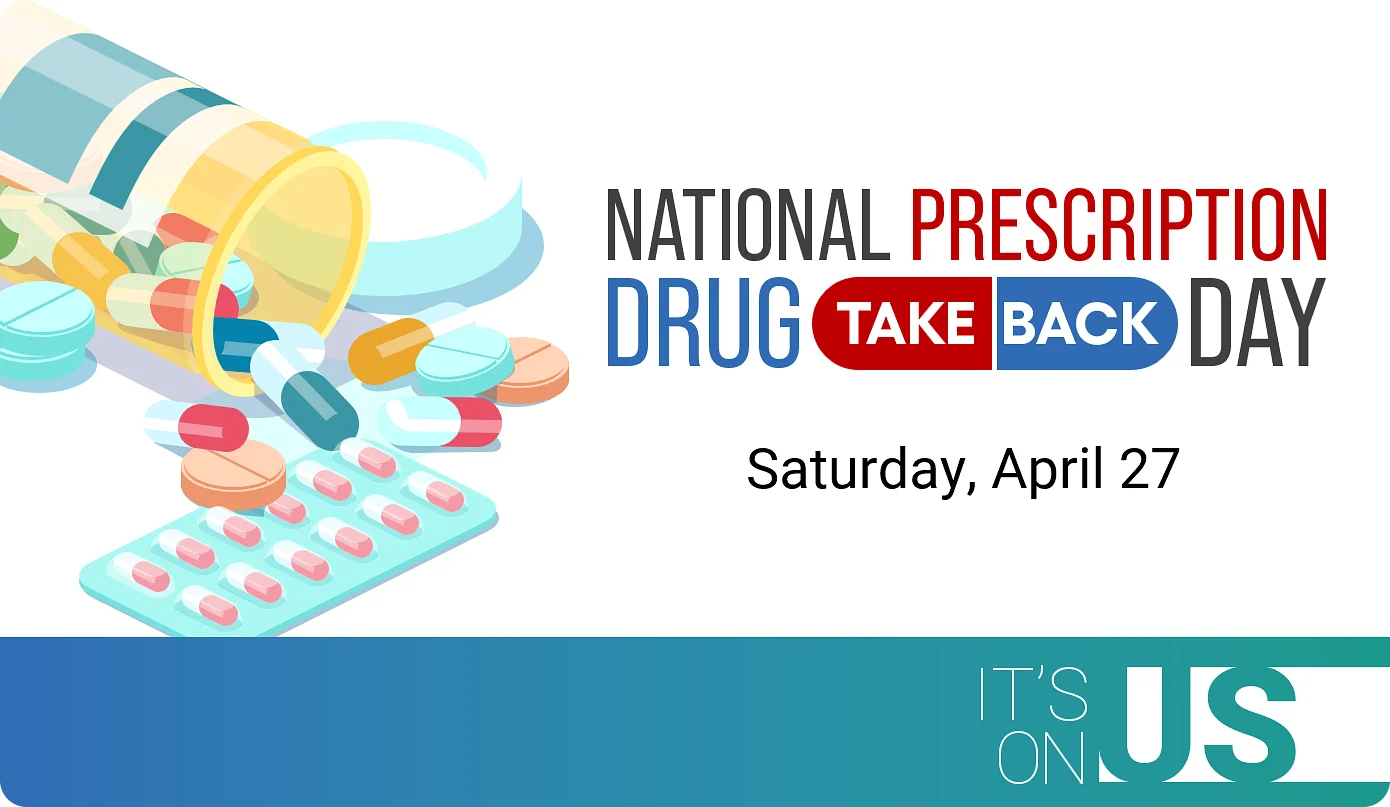
National Prescription Drug Take Back Day - Saturday, April 27 & Tips to Safely Mange Medications
April 26, 2024Nearly 45% of people who misused pain relievers in the past year obtained them from a friend or relative. The good news is there are some simple steps you can take to practice medication safety
Learn more
